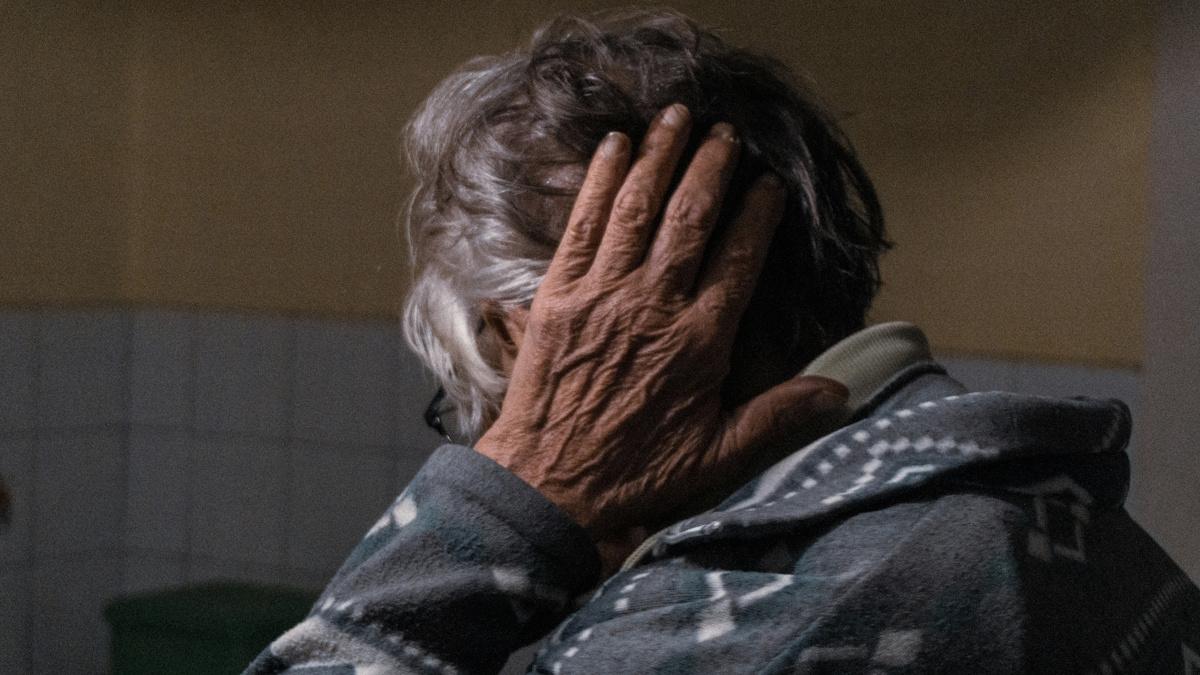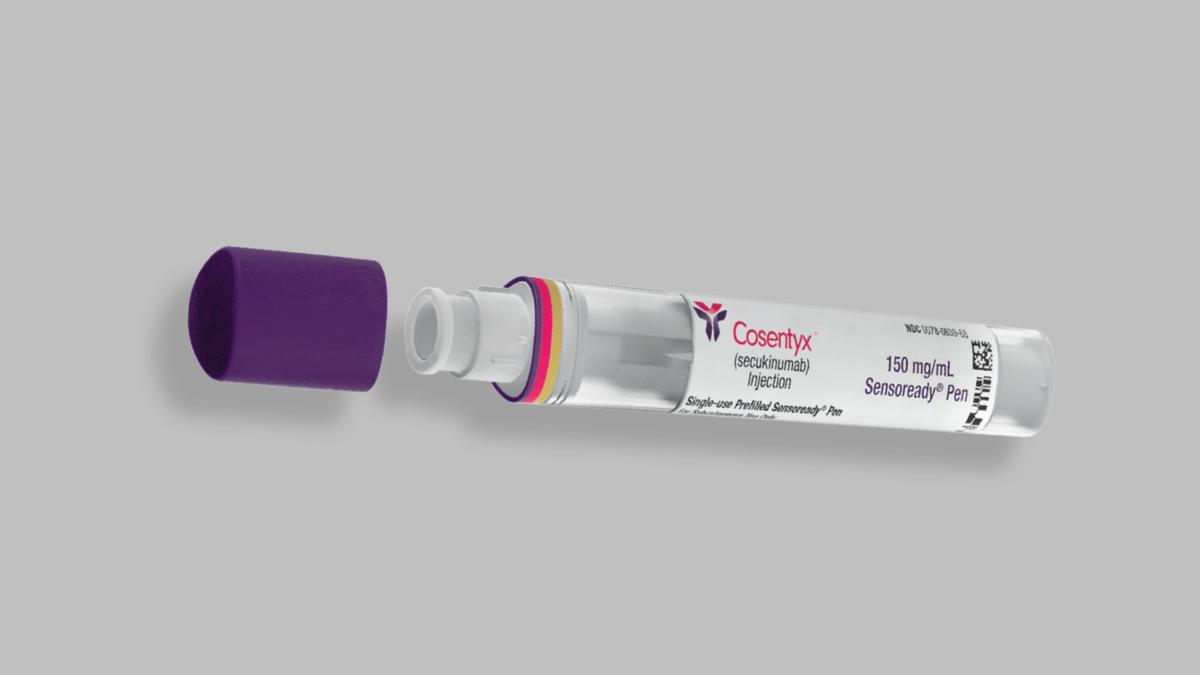Rinvoq cleared for giant cell arteritis in EU, ahead of US

AbbVie has picked up another indication for its JAK inhibitor Rinvoq in the EU, becoming the first approved oral therapy for giant cell arteritis (GCA), an autoimmune disease affecting the arteries.
The green light from the European Commission – the eighth for Rinvoq (upadacitinib) in the EU – comes ahead of a decision on the new use for the drug in the US, where it was filed around the same time last year.
It also extends the treatment options for patients which have focused on Roche's anti-IL-6 antibody RoActemra/Actemra (tocilizumab) as a once-weekly injectable option, in combination with steroids, which was approved in Europe for GCA in 2018.
GCA is caused by inflammation of large and medium-sized arteries, most often in the head, but also in the aorta and its branches, and can cause symptoms like headache, jaw pain, stroke, and changes in vision – including abrupt sight loss.
It affects around 20 people per 100,000 per year and is most common in white women aged over 50, although men with the disease are more likely to develop visual symptoms.
Until RoActemra's approval, the only approved treatment consisted of high doses of oral steroids, which play a role as an effective emergency treatment option to prevent damage such as vision loss, but often cannot maintain long-term disease control and can have serious side effects.
Rinvoq offers a more convenient option for patients, based on the results of the phase 3 SELECT-GCA trial, which compared the drug to placebo, both given in combination with a steroid regimen that tapered off over 26 weeks. All told, 46.4% of patients taking the JAK inhibitor achieved sustained remission from week 12 through week 52 compared to 29.0% of those in the placebo group.
There was also a significant reduction in disease flares with AbbVie's drug, while patients taking the JAK inhibitor had lower cumulative steroid exposure and almost twice as many experienced sustained complete remission over a year's follow-up, 37.1% versus 16.1%, respectively.
AbbVie's chief scientific officer, Roopal Thakkar, said that the availability of Rinvoq is an important advance for GCA patients, who tend to be from "a particularly vulnerable population due to older age and frequent comorbidities."
Rinvoq is a key growth driver for AbbVie, with sales rising more than 50% to $5.1 billion last year, and its lengthening list of uses has prompted the company to raise its sales projections for the drug to more than $11 billion in 2027.
The drug is also approved to treat several diseases, including rheumatoid arthritis, atopic dermatitis, and inflammatory bowel disease, with five more, including GCA, coming down the pipe. It is being studied in phase 3 trials for alopecia areata, hidradenitis suppurativa, Takayasu arteritis, systemic lupus erythematosus (ALE), and vitiligo.
Photo by Jan Krivec on Unsplash












